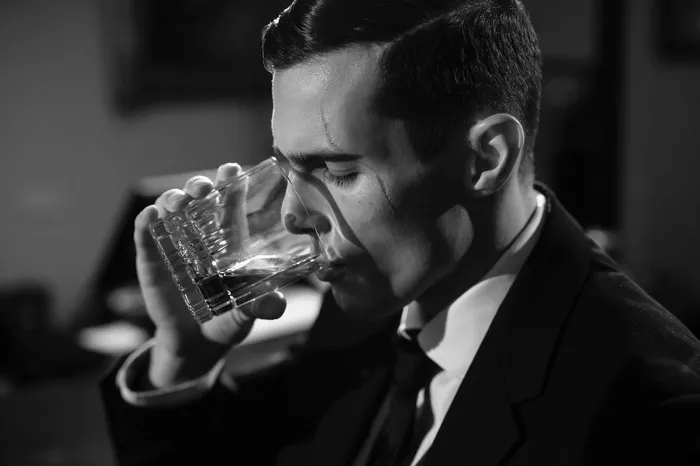In the renowned Bordeaux region of southern France, the centuries-old tradition of grape harvesting has been quietly shifting to the cover of night, a response not only to preserve the peak freshness vital for exceptional wine but also to confront the inescapable reality of climate change.
Amidst a late-summer heatwave, a rare sight unfolds as the clock strikes five in the morning: temperatures linger at a sultry 20 degrees Celsius, and a harvester methodically navigates a row of vines, aided by the piercing beams of powerful headlights that pierce the darkness.
Loic Malherbe, the harvester’s dedicated driver, explains the rationale behind this nocturnal choreography, stating, “Harvesting at night is done for the quality of the grapes, their freshness and taste.” He continues, “It isn’t bad, it’s just life at a different rhythm… It’s better for the equipment and for people.”
While night harvesting has become standard practice in several wine-producing nations experiencing scorching summers, it is poised to become even more prevalent as climate change accelerates its relentless march.
Beyond enhancing grape quality, nighttime harvesting offers a financial lifeline to cost-conscious growers, as Kees Van Leeuwen, a viniculture professor at Bordeaux Sciences Agro University, explains. By harvesting at lower nighttime temperatures, growers can bypass the need for refrigeration during grape transportation, resulting in significant energy savings.
Stephane Heraud, owner of the vineyard, takes this technique a step further, stating, “It’s been 15 years that we’ve harvested the whites and the rosés at night, and maybe one day we’ll do that for the reds as well.” He adds, “If we harvested at night, we’d have wine that is more oxidized, which in terms of taste is not nearly as nice.”
Heraud employs a unique method to maintain grape freshness, spreading dry ice at a bone-chilling -80 degrees Celsius onto the grapes. This innovative technique not only keeps the grapes cool but also reduces the oxygen levels in the bins as he transports them to the cooperative, which ranks as the largest in one of France’s protected designation regions, featuring 500 growers.
Tutiac, known for its pesticide-free rosé, is a prominent player in the region, accounting for nearly a third of Bordeaux’s rosé production. The winery made waves when its rosé secured the fourth position in a blind tasting conducted by the French wine magazine La Revue des vins de France, competing against rosés from the Provence region, typically revered in this category.
On one particular night, growers were anticipated to deposit around 500 tonnes of grapes into various stainless-steel tanks at the wine press, sufficient to craft half a million bottles of wine.
Tutiac’s chief oenologist, Paul Oui, delves into the science behind the process, explaining that consumers favor rosés that exhibit a light and clear color. To achieve this, Oui emphasizes that “you have to limit the transfer of the color from the skin to the juice, and the earlier and cooler we harvest, the more we can limit the transfer.”
While night harvesting is a common practice in wine regions like Australia and California due to extreme heat, the trend is gaining traction in Bordeaux, says Van Leeuwen. He foresees its increasing adoption for white and rosé wines, acknowledging that even red wine production, which constitutes 85 percent of Bordeaux’s output, might eventually embrace the shift.
Rising temperatures, accelerating grape maturation, and advancing harvest dates are undeniable hallmarks of climate change, an observation echoed by Heraud. He reminisces, “I remember when I was small watching my parents harvesting in November,” and then adds, “Last year, we were finished on September 30th.” In a poignant declaration, he states, “Anyone who says climate change isn’t real isn’t a Bordeaux winemaker.”


